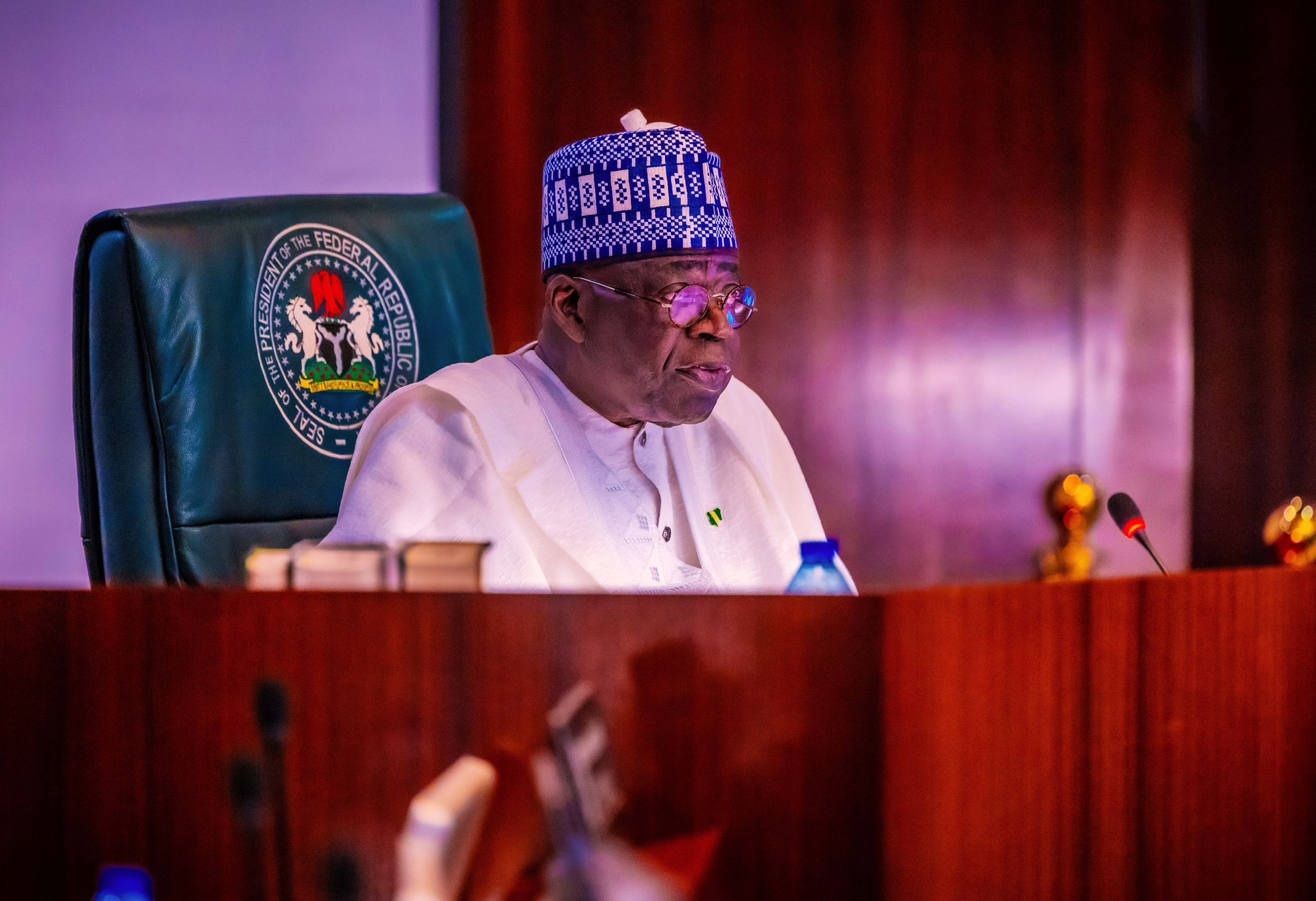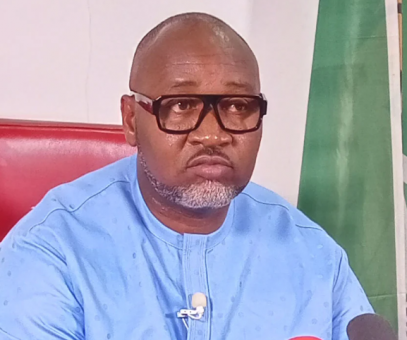Nigeria’s public debt could surpass N182.91tn by 2026 following President Bola Ahmed Tinubu’s request for the National Assembly to approve fresh foreign loans totaling $24.14bn.
At the prevailing official exchange rate of ₦1,583.74/$1, the proposed loan would add about ₦38.24tn to the current debt stock, pushing Nigeria’s public debt from ₦144.67tn as of end-2024 to unprecedented levels. The request includes $21.54bn, €2.19bn, and ¥15bn, which convert to a total of $24.14bn using market exchange rates.
This new borrowing, if approved, would increase Nigeria’s external debt from $45.78bn to approximately $69.92bn, a 52.7% surge, and raise the external debt portion in naira terms to over ₦108tn.
Rising Fiscal Pressure
Nigeria’s total public debt rose by 48.58% in 2024 alone, ballooning from ₦97.34tn in 2023 to ₦144.67tn, driven by both new borrowings and naira depreciation. External debt jumped by 83.89%, from ₦38.22tn ($42.5bn) in 2023 to ₦70.29tn ($45.78bn) by the end of 2024. Domestic debt also rose from ₦59.12tn to ₦74.38tn, a 25.77% increase.
The Federal Government alone owes ₦133.33tn, and the new loans represent a 28.68% increase on that figure.
President Tinubu, in his letter to the House of Representatives, said the loans form part of the 2025–2026 rolling borrowing plan, aimed at funding infrastructure, agriculture, education, healthcare, water, security, and public finance reforms. He assured that the projects have undergone technical appraisals.
In addition to the $24.14bn external loans, Tinubu also requested:
-
A $2bn foreign currency-denominated bond to be issued locally under a 2023 Executive Order.
-
₦757.98bn in bonds to offset pension arrears under the Contributory Pension Scheme.
Experts Sound the Alarm
Economists have raised serious debt sustainability concerns, urging transparency and value-driven use of the proposed loans.
Johnson Chukwu, CEO of Cowry Asset Management, stressed that “the key issue is not the loan size, but how it's used.” He warned against wasteful spending and emphasized the importance of public-private partnerships for infrastructure.
Dr. Muda Yusuf, CEO of the Centre for the Promotion of Private Enterprise, cautioned that “debt service is already outpacing capital expenditure” and may soon crowd out essential government functions. He urged a shift toward revenue growth rather than more borrowing.
Prof. Segun Ajibola of Babcock University supported the pension bond proposal as overdue, saying the government must not leave retirees in financial limbo.
Marcel Okeke, former Chief Economist at Zenith Bank, criticized the administration’s loan dependency. “Rather than getting out of the woods, the country is sinking deeper,” he said.
Vahyala Kwaga of BudgIT warned that the new loans may push Nigeria to its self-imposed 40% debt-to-GDP threshold, while also criticizing the lack of transparency. “We don’t have updated budget performance reports,” he added.
Opposition and Civil Society React
The Peoples Democratic Party (PDP) and former Vice President Atiku Abubakar slammed the request, calling it reckless and unaccountable.
PDP spokesman Debo Ologunagba accused the Tinubu administration of being “self-serving” and urged Nigerians to reject the loan. “We have lost count of how much the APC administrations have borrowed,” he said.
Atiku, via his adviser Paul Ibe, questioned the rationale for more borrowing amid worsening economic conditions. “This money may end up in private pockets,” he warned.
Civil society leaders also voiced disapproval. Auwal Musa Rafsanjani of the Civil Society Legislative Advocacy Centre said the government has failed to account for previous loans, while Emmanuel Onwubiko of HURIWA called the new debt plan “reckless” and warned of generational consequences.




